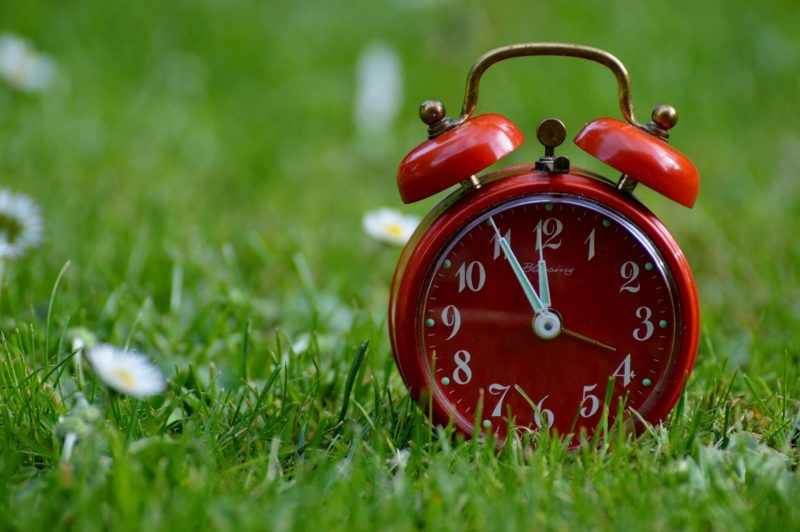October sees the official end of the summer we never really had, as the clocks go back and we revert from British Summer Time (BST) to Greenwich Mean Time (GMT).
While it means an extra hour in bed for one night, it also means darker mornings, which can only mean that winter is around the corner.
When do the clocks go back?
The phrase “spring forward, fall back” might help you remember when the clocks change. They go forward one hour every spring, and go back again every autumn (fall, in this case, means autumn).
The clocks go back on the last weekend of October each year. This year the change will be made in the early hours of Sunday 29th October 2023.
Any internet-connected clocks (such as on your smartphone) should change automatically if you’ve set them up to do so, but you may want to remember to change your other clocks before you go to bed on Saturday 24th October. Officially, the change happens at 2am on the 25th.
Why do the clocks change?
The changes between British Summer Time and Greenwich Meantime were conceived as a way to boost productivity by making the most of the daylight hours. We can thank a builder called William Willett for the idea, who wrote a pamphlet in 1907 called ‘The Waste of Daylight,’ in which he explained that the extra hour will increase productivity and also save a considerable amount on lighting costs. Willett died before he saw his idea put into practise, but in 1916, parliament passed the Summer Time Act, establishing the biannual clock changes.
Why don’t we just keep to the same time and not change the clocks?
There is still some debate as to the pros and cons of switching between British Summer Time and Greenwich Meantime. In northern regions of Scotland, the sun would not rise until 10am at some times of year if the clock changes didn’t happen. Some researchers claim that staying in British Summer Time all year round would provide an energy-saving benefit, as the extra sunlight in winter evenings would reduce electricity usage.
When do the clocks go forward again?
Next summer seems a long way off right now, but the clocks go forward again in the early hours of Sunday 31st March 2024 It means one hour’s less sleep, but the official start of British Summer Time.
For further information, read our guide to Optimising your winter lighting
